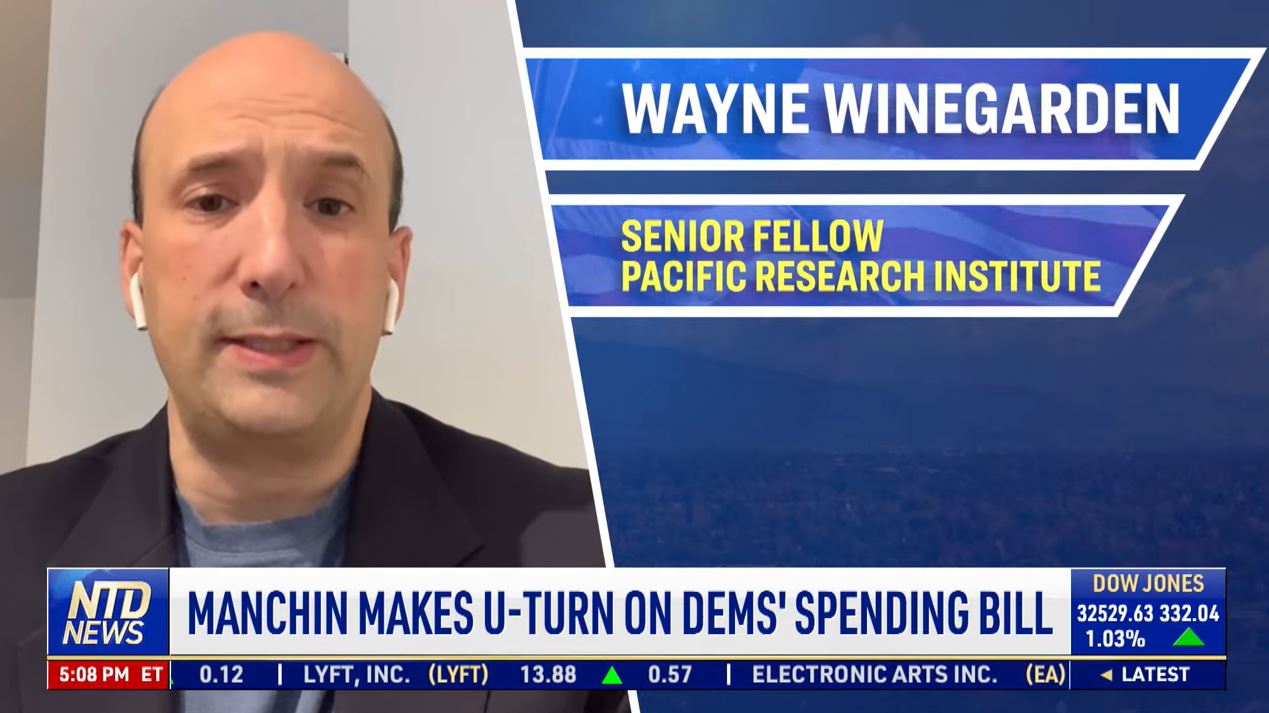Hospitals are still hiding costs
Hospitals aren't complying with a nearly 2-year-old federal rule requiring them to publish their prices, according to new research from PatientRightsAdvocate.org. Their willingness to flout the law is understandable. They make more money when people don't know how much the medical services they consume cost. But patients and payers shouldn't stand for this intransigence. It's depriving us of information we could use to foster competition among healthcare providers — and ultimately secure better care at a lower cost....











